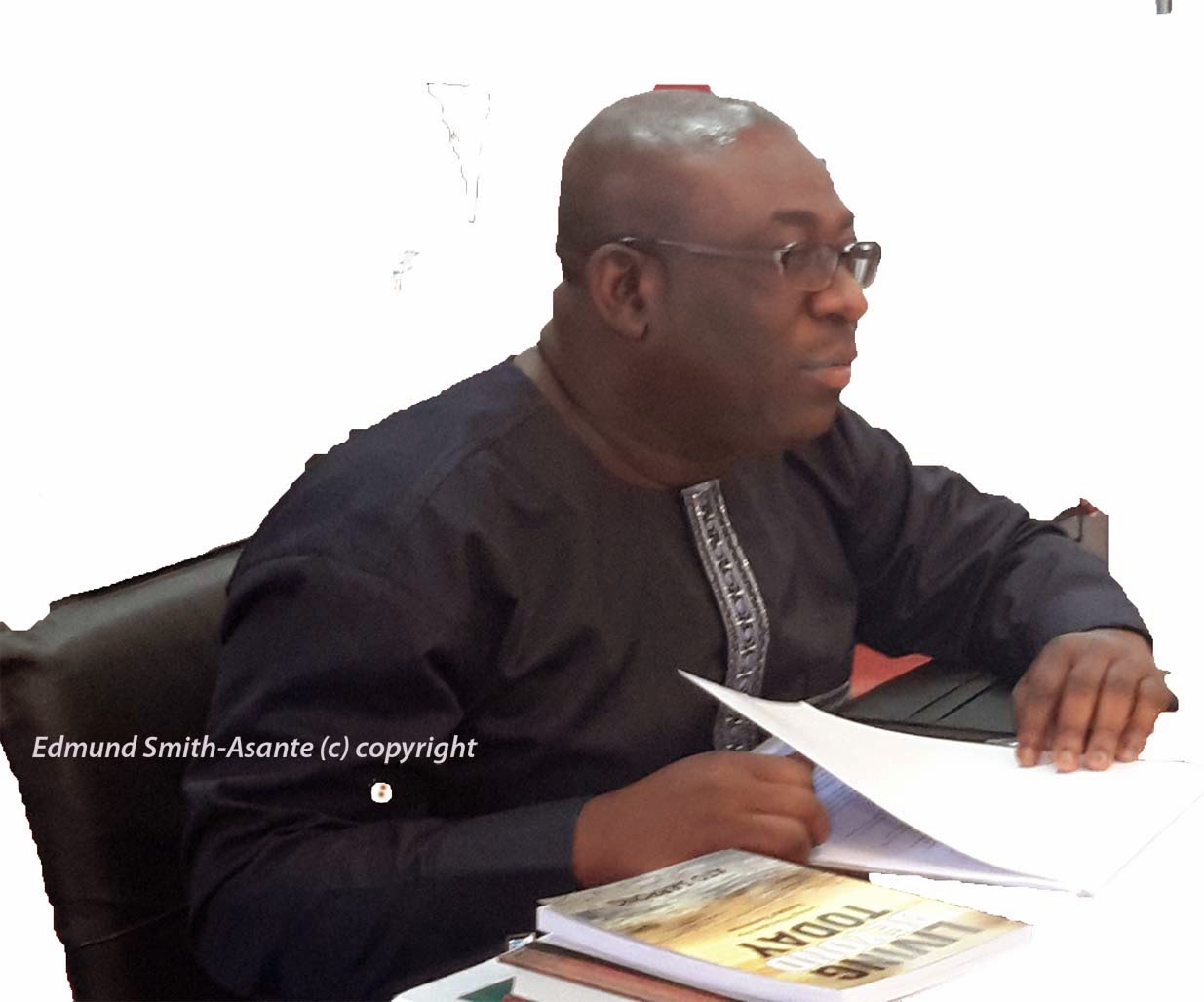Performance of MMDAs in VR consistently decline
By
Edmund Smith-Asante
The
Auditor General’s report on the accounts of metropolitan, municipal and
district assemblies (MMDAs) has revealed a consistent decline in the
performance of assemblies in the Volta Region.
The year
2014 witnessed the worse performance as 14 assemblies out of 25 submitted their
financial statements for validation.
“Nkwanta
South has defaulted for three consecutive years, with Jasikan and Kadjebi
assemblies defaulting for two consecutive years,” the report stressed.
To check
the discrepancies, the Auditor General, Mr Richard Q. Quartey, re-emphasised
the need for penalties to be imposed on defaulting officials.
“I once
again recommend that the Minister of Local Government and Rural Development,
the Head of Service, and the Local Government Service Secretariat (LGSS) should
impose penalties on key officials of the assemblies found to have indulged in
grave offences as a measure to deter recurrence of the offences.”
General
performance good
In spite
of the underperformance story from the Volta Region, the report on the
financial year ending December 31, 2014, was a marked improvement in the number
of MMDAs, which submitted their financial statements for auditing.
It said
“For the financial year ending December 31, 2014, 195 out of the 216 assemblies
submitted their 2014 financial statements for audit validation and publication,
thereby satisfying the provision under Part VII Sections 77 and 78 of the
Financial Memoranda for District Assemblies. This showed yet another
improvement of the previous years’ performances.”
The
number of assemblies that submitted their financial statements for audit
validation increased from 169 out of 216 MMDAs in 2012, to 186 in 2013 and 195
in 2014.
Total
revenue and expenditure
The
report stated further that the 195 assemblies whose financial statements were
validated operated with a total revenue of GH¢956,680,350.68 during the 2014
financial year, which comprised of internally generated funds (IGFs), District
Assemblies Common Fund (DACF), government grants and donor funding.
Government
grants came in the form of salary payments to employees and budgetary support
to decentralised departments, while donor funding included support under the
District Development Facility and the Urban Development Grant, among others.
The audit
showed the total expenditure incurred by the 195 assemblies as
GH¢892,769,692.53, which, compared with their revenue of GH¢956,680,350.68,
gave a surplus of GH¢63,910,658.15.
It,
however, indicated that 52 assemblies recorded deficits in their operations
with some posting deficits in excess of GH¢2 million. Majority of the
assemblies also ended the year with surpluses, with the metropolitan assemblies
recording comparatively high figures, some in the region of GH¢10 million as a
result of the late receipt of incomes that were not disbursed.
Internally
Generated Funds and bank balances
The
report recorded GH¢187,028,624.39 as the total funds collected from internal
sources by the 195 assemblies, which accounted for 19.5 per cent of the total
revenue of the assemblies.
“IGF
collections have generally been low across board except for the metropolitan
assemblies and the assemblies royalties from mineral resources,” the report
stated.
Touching
on bank balances, the report stated, “The cash resources of the assemblies as
at the end of the year totalled GH¢170,255,992.61. None of the assemblies
reported overdrawn bank balances with as many as 179 of them having balances in
excess of GH¢100,000.00 and 39 in excess of GH¢1 million.”
It
indicated further that the Accra Metropolitan Assembly (AMA) had the highest
cash and bank balance of GH¢39,497,810.00, followed by the Kumasi
(GH¢14,017,801.03), Sekondi-Takoradi (GH¢6,094,002.80), Tamale
(GH¢4,582,755.15) and Tema (GH¢4,485,614.02) metropolitan assemblies, with the
Aowin/Suaman District Assembly posting the least balance of GH¢6,865.80.
Total
investment, however, stood at GH¢12,506,393.69 in the books of 101 assemblies
comprising mainly of unpaid Poverty Alleviation Fund loans, equity shares in
banks as well as investments in interest bearing banking products.
Writer’s
email: edmund.asante@graphic.com.gh
This story was first published by the Daily Graphic
on March 10, 2016




Comments
Post a Comment